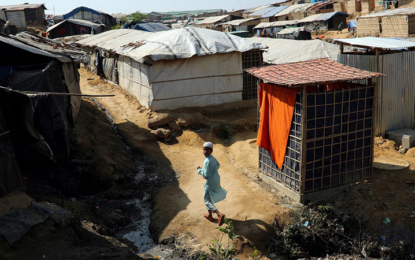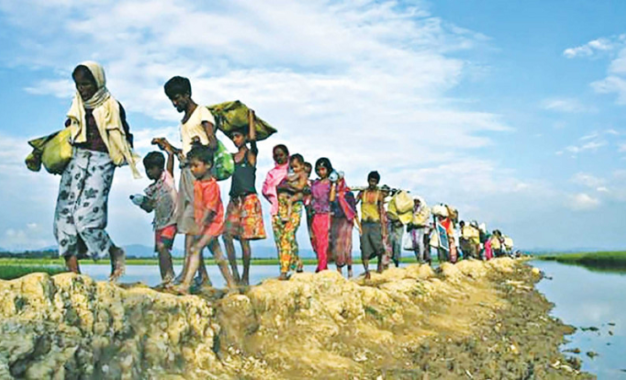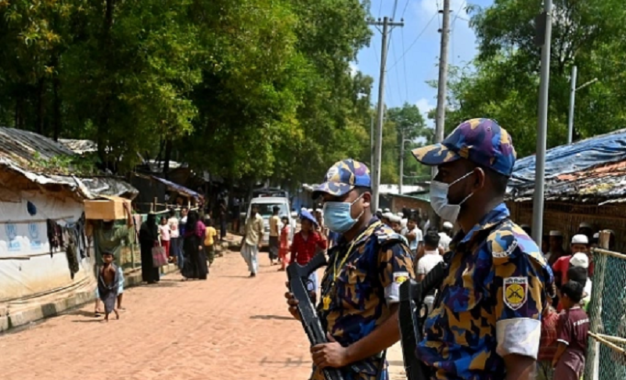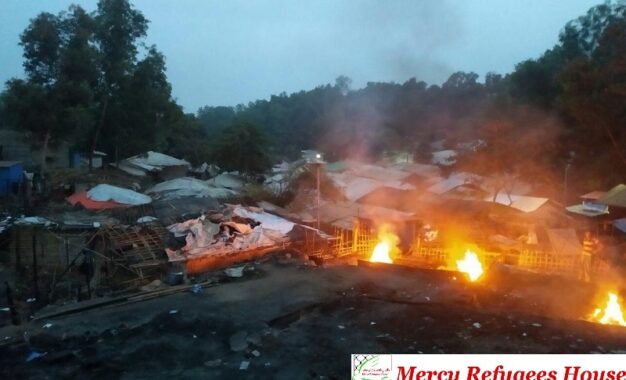Latest News
Amazon Sponsorship
If you shop on Amazon, you can support us by using the link below. You can also bookmark this so that every time you shop, 0.5% of your purchase price will go to Mercy Refugees House where we support Rohingya refugees and also the refugees in Turkey: https://smile.amazon.com/ch/46-1632162
Recent Posts
Jul 29, 2023
It has been close to six years since hundreds of thousands of Rohingya faced a deadly genocide by Myanmar’s military and fled the country in search of protection and refuge in neighbouring Bangladesh. The Rohingya population has been undergoing persecution, discrimination, arbitrary arrests, and atrocities in Myanmar for over seven decades. Their condition is alarmingly […]


















ECONOMYRohingya Influx and its Economic Significance for Bangladesh
Bangladesh, Comments, Help Refugees, Human Rights, Malaysia, Myanmar, Refugees issues, Religious Rights
It is generally perceived that refugees are curse for host countries though the former often play positive roles for the latter. The context of Bangladesh over hosting Rohingya refugees is portrayed in such a way that demonstrates they are solely an obvious danger for the country in the areas of its economy, politics, environment, health, and security.
The above argument is true but it is a one-sided view which is enough to make hospitable Bangladeshis hostile against the Rohingya. Thus, it is crucial to explore in which areas the Rohingya have made positive contributions in Bangladesh. In this article, we intend to elucidate the economic benefits offered by the displaced Rohingya for the host country.
ALSO SEE- Film on Rohingya genocide will be realistic, says director Haider Khan
Brief Overview of the Rohingya Crisis
The Rohingya crisis is one of the worst humanitarian disasters in the modern world. The degree of violence and persecution taken against the Rohingya by the military of Myanmar has reached in an extremely horrendous extent in which an UN fact finding team in 2018 found genocidal elements. The Rohingya are an ethno-religious Muslim minority group of Myanmar.
Though they have lived in Rakhine state of the country for centuries, to the Burmese government and Buddhists they are illegal Bengali immigrants who came from the present Bangladesh to Rakhine State for works during British colonial rule. The Burmese government withdrew their citizenship status through the “1982 Citizenship Act”, rendering them stateless.
Since 1978, they have experienced several brutal military crackdowns and every time they have taken shelter in Bangladesh. In particular, since 2017 when the military of Myanmar launched “clearance operation” against the Rohingya in retaliation of an insurgent attack allegedly carried out by a Rohingya rebel group known as the Arakan Rohingya Salvation Army on several police posts, a significant number of Rohingya, over 740,000, have fled to Bangladesh from Myanmar.
Read more…
[Translate]